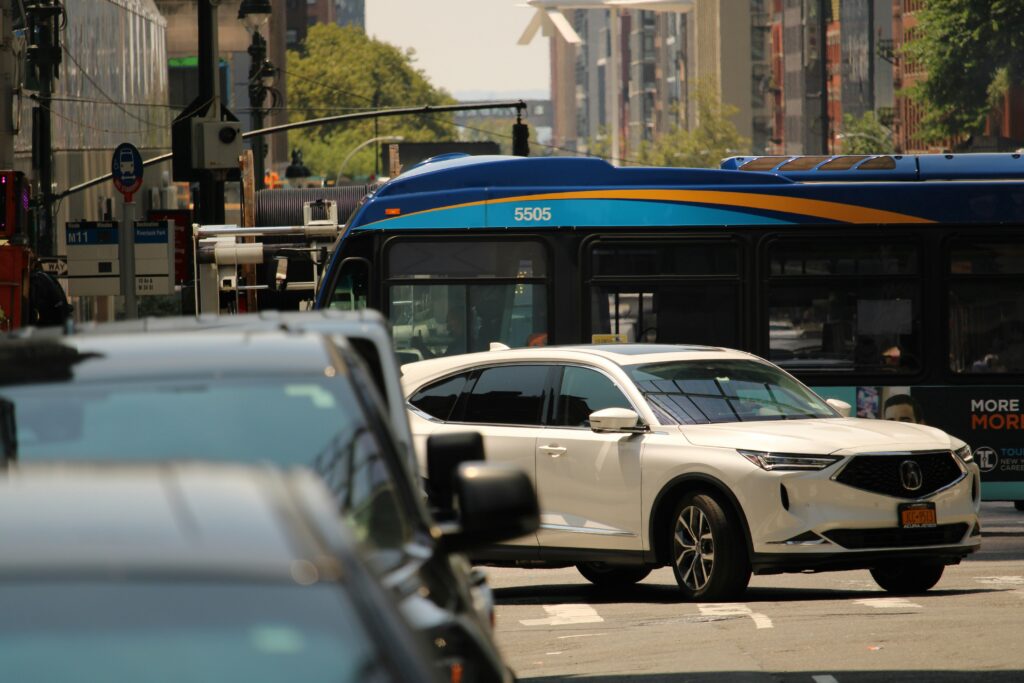Transportation has always been the lifeblood of human civilization. From the invention of the wheel to modern ride-hailing apps, mobility determines how societies grow, how economies thrive, and how opportunities reach people. In today’s fast-paced world, on-demand transport solutions such as Uber, Bolt, and others are redefining accessibility and convenience for millions.
This article explores the essentials of transport, its impact on businesses and everyday life, the availability of modern transport systems, and how leading companies are transforming mobility worldwide.

Why Transport Is Essential
Transportation is not just about moving from point A to point B. It is about connection, growth, and accessibility. Every successful society has always relied on effective transport systems.
1. Connectivity
Transport connects people to opportunities. It enables students to reach schools, patients to access healthcare, and professionals to attend work. On a broader level, it connects rural communities to cities and nations to global trade. Without reliable transport, societies face isolation and limited growth.
2. Economic Growth
Efficient transport directly boosts the economy. Goods can move faster, services become more reliable, and supply chains run smoothly. Businesses that rely on logistics, like e-commerce platforms or food delivery services, thrive only when transport networks are strong.
For example, Amazon’s success would not be possible without a seamless transportation ecosystem behind it. Similarly, ride-hailing platforms generate billions in revenue by linking drivers to riders in real time.
3. Accessibility and Inclusivity
Transport is also a question of equity. Affordable and accessible transport ensures that low-income communities can participate in economic life. If someone can’t reach a job interview because of mobility issues, opportunities remain locked. Modern ride-hailing apps are helping bridge this gap by making transport more accessible and transparent.
The Effect of Transport on Business
Transport is one of the hidden engines of business success. Whether you run a global corporation or a small retail shop, mobility matters.
1. Efficient Operations
Businesses rely on reliable transport to move goods, staff, and clients. For retail companies, fast delivery means happier customers. For service providers, transport ensures employees arrive on time. A poor transport network increases costs and reduces competitiveness.
2. Expanding Market Reach
Transport allows businesses to reach new customers. With ride-hailing and logistics platforms, small restaurants can serve distant neighborhoods, and local shops can offer delivery options that once required complex infrastructure.
3. Job Creation and Gig Economy
Modern transport companies have created millions of jobs worldwide. Uber alone has over 5 million drivers globally, while Bolt operates in more than 45 countries, giving drivers income opportunities. The gig economy is powered largely by these companies.
4. Customer Experience
In business, convenience is king. Ride-hailing platforms allow businesses to offer customers smoother experiences. For instance, a hotel can easily ensure guests get safe and reliable rides through partnered apps, improving satisfaction and loyalty.

Availability in Today’s Transport Landscape
Traditional systems like taxis and buses remain important, but they often struggle with inefficiency, unpredictable pricing, and lack of real-time availability. App-based transport companies solve these issues by offering:
- On-demand rides available within minutes.
- Transparent pricing before the trip begins.
- Safety features such as driver tracking, ride sharing, and emergency assistance.
- Flexible options ranging from budget rides to luxury travel.
This has made transport more reliable than ever, especially in cities where mobility challenges used to be overwhelming.
Leading Transport Companies Transforming Mobility
Here’s a closer look at the major players reshaping transport globally:
1. Uber
Uber is the pioneer of ride-hailing. Founded in 2009 in San Francisco, Uber quickly expanded to more than 70 countries. It provides:
- Budget rides (UberX) and premium options (Uber Black).
- Food delivery through Uber Eats.
- Uber Freight for logistics.
Impact: Uber disrupted traditional taxi systems by prioritizing convenience, transparency, and accessibility. It set the standard for app-based mobility worldwide.
2. Bolt
Founded in Estonia in 2013, Bolt is one of the fastest-growing transport companies, operating in over 500 cities across Europe, Africa, and Asia.
- Known for lower fares compared to competitors.
- Offers ride-hailing, scooters, food delivery, and grocery delivery.
Impact: Bolt has made transport affordable and accessible in emerging markets, particularly in Africa where cost sensitivity is high.
3. Lyft
Lyft operates primarily in North America and is seen as Uber’s closest rival there.
- Focuses on community-driven rides and sustainable practices.
- Offers bikes, scooters, and car rentals.
Impact: Lyft emphasizes green mobility and social responsibility, attracting customers who care about sustainability.
4. DiDi
China’s mobility giant, DiDi Chuxing, serves hundreds of millions of users and has expanded to Latin America and beyond.
- Offers taxi services, private cars, and even driver financial support.
- Acquired Uber’s operations in China in 2016.
Impact: DiDi dominates the Chinese ride-hailing market and is investing heavily in autonomous vehicles and AI-powered mobility.
5. Ola
Ola, founded in India, has become a global competitor with services in Australia, New Zealand, and the UK.
- Provides affordable rides across multiple vehicle categories.
- Invests heavily in electric vehicle development.
Impact: Ola is driving sustainable transport solutions, especially in markets with high population density and pollution challenges.
6. inDriver
inDriver offers a unique model where passengers propose their fare, and drivers accept or negotiate.
- Available in over 40 countries.
- Strong presence in regions where affordability is key.
Impact: By giving pricing power to passengers, inDriver brings flexibility and fairness to markets underserved by traditional apps.
7. FreeNow
FreeNow, backed by BMW and Mercedes, is a European-based mobility app.
- Integrates taxis, private cars, e-scooters, and car-sharing.
- Operates in more than 16 countries.
Impact: FreeNow promotes multi-modal transport by giving users multiple options within one app.

The Future of Transport and Business
The future of transport is heading toward sustainability, technology, and inclusivity. Key trends include:
- Electric Vehicles (EVs): Many companies are investing in EV fleets to reduce emissions.
- Autonomous Driving: Uber, DiDi, and Tesla are testing self-driving cars to reduce dependency on human drivers.
- Mobility-as-a-Service (MaaS): Platforms are evolving to integrate multiple transport modes — taxis, bikes, trains — into one seamless app.
- Greater Business Integration: More companies will integrate ride-hailing into their customer service offerings, from hotels to healthcare providers.
Transportation is not just a convenience; it is the foundation of modern business and daily life. The rise of companies like Uber, Bolt, Lyft, DiDi, Ola, inDriver, and FreeNow has transformed how we move, how we work, and how we connect.
By combining technology with accessibility, these companies are not only making transport easier but also creating jobs, boosting businesses, and shaping the future of global mobility.

Partnering with Bolt: A Smart Affiliate Opportunity
As Bolt continues to grow globally, it is not only changing the way people move but also opening up business opportunities through its affiliate and partnership programs. For entrepreneurs, bloggers, and business owners, joining the Bolt affiliate program is a way to benefit from the company’s rapid expansion in ride-hailing, food, and grocery delivery.
Why Bolt Makes Sense for Affiliates
- Strong Global Presence: Operating in over 500 cities across Europe, Africa, and Asia, Bolt offers affiliates a wide reach.
- Diverse Services: Affiliates can promote not only ride-hailing but also Bolt Food and Bolt Market, giving multiple revenue streams.
- High Demand: With affordability and availability at its core, Bolt appeals to cost-conscious customers — making promotions easier and more effective.
- Business Alignment: Companies that rely on mobility, logistics, or delivery can integrate Bolt into their operations and earn by recommending it to employees, clients, or customers.
How Businesses Can Benefit
For organizations, Bolt’s affiliate program can serve as more than just a side income opportunity. For example:
- Hospitality businesses can promote Bolt to ensure guests have safe and reliable transport.
- Restaurants can use Bolt Food to reach more customers while affiliates profit from the referral.
- Corporate teams can leverage Bolt Business solutions for employee travel and claim affiliate rewards by referring others.]
By partnering with Bolt through its affiliate program, businesses and individuals alike can tap into the future of transport and on-demand services while earning commissions. It’s not just about mobility anymore — it’s about building a sustainable business partnership with one of the fastest-growing transport companies in the world.